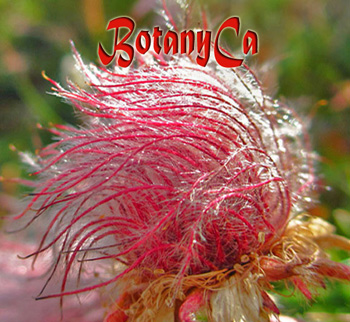Aconitum germination revised: 2019
It may become a tradition to publish revised notes on Aconitum germination around Christmas time every year; it only depends if new species will be available for trial-outs! My thanks to those making this study possible. Read HERE the starting notes on Aconitum germination.
Again, Aconitum comprises many species which are (in general) difficulty to germinate if the seeds were stored dry, some even after short periods of dry storing. But some species are more recalcitrant than others, and that’s what this study tries to looks at, including the effect of GA3 on improving the germination.
These are the main germination tables revised, Dec. 2019


The conclusion from last winter sowings is that Aconitum moldavicum and Aconitum hemsleyanum are difficult to germinate species even after a relatively short period of storing the seeds dry. It remains to be seen if some of the seeds will germinate in the second spring after sowing.
From the recently sown species there are moist packed seeds to share of Aconitum japonicum
Hepatica acutiloba pastel mix – seeds are starting to germinate! Together with the Aconitum they can be ordered via – Fast shipping option.
Shipping will resume after Dec. 26










Very helpful info. The data will be recorded in the ORG&HPS germination guide.
Thanks. It was interesting to see that none of the A. moldavicum seeds germinated in the first spring – even if from two different sources (one was ORGS seedex). The mother plant location can have an influence on the germination pattern.
Thanks so much for your work and posting . Can you please elaborate about your indoor stratification regiment prior to planting. In wet paper towel out of fridge for a few weeks then in fridge for a few weeks and then plant? OR in wet paper towel directly in fridge for a few weeks and then plant?
Thanks
David
Thanks David. I am glad you find them useful. Your questions are a bit unclear so I will outline what I do: for fresh seeds – stratify following the natural temp.This means, for seeds ready in late summer: warm, slightly warm, cold. For seeds ready in the fall (most species): slightly warm, cold.
Seeds that are not fresh: soak in water for few days (room temp.), keep 3-4 week slightly warm, then cold. GA3 may help. Keep the pots for 2 years.
Cold for Aconitum means outdoors, I don’t think that fridge stratification works well (same for other Ranunculaceae).
Thanks again and sorry for confusion- none of my seeds are “fresh” I purchase all, mostly from Great Britain.
(I’m in the USA) The instructions were to “plant them immediately” upon receipt in late fall early winter and they will germinate in a year or two. I did this- no germination so far 1 year has passed. Going according to other web instructions I would also took some of these purchased seeds and placed them in moist paper towel and into the fridge for three 3-4 weeks then i planted them in starters indoors- hardly any germination at all (3-4 out of 50-60 seeds of multiple varieties ) I believe that that the only ones that germinated were A. Spats Wilsonii.
So according to your plan I should soak seeds at room temp. When you say keep 3-4 weeks slightly warm? Where ? planted in a pot in soil? How warm? (Heated room temp?) Then cold, obviously now, you mean putting them outside till spring…..? Is this correct. Thanks again for your insight- Cheers David
Hello again, sorry I’m really tight with my time and cannot answer such detailed messages. The comment section here is not meant for such.
I wonder if you click the link provided in this post to read the Starting notes on Aconitum germination of 2018? You will find answers to your many questions there.
Slightly warm means fall-late fall temp.
It is unfortunate that many Seed Companies continue to sell Aconitum dry seeds, maybe even old seeds.